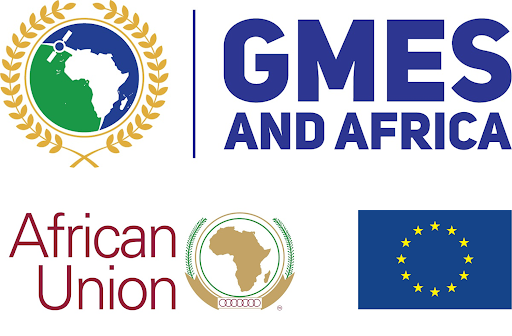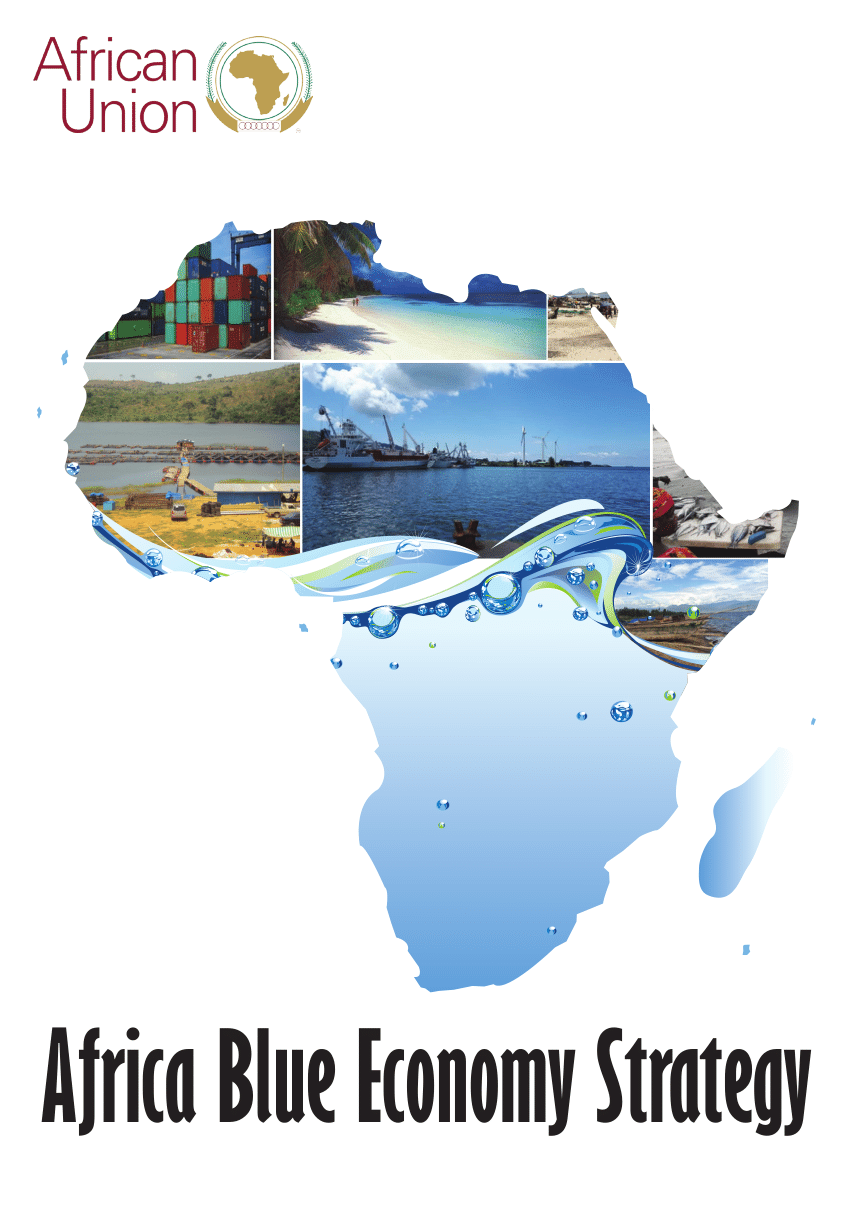The Global Monitoring for Environment and Security and Africa programme (GMES and Africa) held its phase two kick-off and grant awards ceremony from 14 to 18 March 2022 in Cotonou, Benin. A joint initiative of the African Commission and European Commission, GMES and Africa serves to strengthen and further develop infrastructure and capacity for increased exploitation of Earth observation (EO) data (space and in situ), technologies and services in support of environmental policies for sustainable development in Africa. After a successful initial phase from 2016 to 2021, this next phase of GMES and Africa phase runs from 2022 to 2025, with an initial investment of EUR 24.65 million from the European Commission.
Eight consortia to implement phase 2
During the ceremony, GMES and Africa awarded eight consortia across the African continent with grants to foster and catalyse the development of African-driven EO services and applications tailored to African needs at continental, regional and local levels. The consortia will work alongside African organisations, policymakers and practitioners to make more effective use of EO products towards sustainable management of natural resources and strengthened mitigation and adaption options in the face of climate change.
GMES and Africa phase two will continue to cover the two thematic areas of the initial phase i) water & natural resources and ii) marine & coastal areas. Through the grants, the consortia will address the needs of operational information services in Africa covering the entire value chain: from increasing access to information and development and provision of services, to enhancing engagement and capacity of users and ensuring utilisation of these services.
Already involved in the initial phase, the 8 consortia leaders selected in GMES and Africa phase 2 are:
- Centre de Suivi Ecologique (CSE) – Dakar, Sénégal
- Council for Scientific and Industrial Research (CSIR) – Pretoria, South Africa
- IGAD Climate Prediction and Applications Centre (ICPAC) – Nairobi, Kenya
- Observatoire du Sahara et du Sahel (OSS) – Tunis, Tunisia
- Regional Centre for Mapping of Resources for Development (RCMRD) – Nairobi, Kenya
- Southern Africa Service Centre for Climate Change and Adaptive Land Management (SASSCAL), Windhoek, Namibia
- University of Ghana (UoG) – Legon, Ghana
- The International Commission of the Congo-Oubangui-Sangha Basin (CICOS) – DR Congo
Two of the consortia will focus on the marine and coastal areas theme. One led by the UoG, which will operate in the Gulf of Guinea and the Mediterranean, and one led by the CSIR, which will operate in Southern Africa and the western Indian Ocean.
The second phase of the programme also introduces a strong component on women and youth, with the decision to include 30% of women specialised in EO-related fields as part of the consortia teams.
Fostering EO-based products for sustainable management of marine and coastal areas
GMES and Africa has been highly successful for the continent, for which marine and coastal areas are critical for food and the economy. Under the marine and coastal areas thematic area, the consortia will work to improve African capacity and infrastructure for delivering EO-based services and applications to respond to the needs of marine and coastal stakeholders in Africa and support the Africa Blue Economy Strategy. From enhanced monitoring of coastal areas and marine ecosystems, to improved ship traffic and pollution monitoring, to better marine weather forecasting for safety at sea. Thus, GMES and Africa will continue to play a crucial role in ensuring sustainable management and use of marine and coastal resources, reducing disaster risk especially for the most vulnerable, and improving adaptation to climate change.
The African continent is endowed with massive aquatic and marine resources including oceans, seas, rivers and lakes with potential for blue economy growth. The continent has 38 coastal states and a number of island states, among which are Small Island States (SIDS) that are vulnerable to climate change and extreme weather events. Collectively African coastal and island states encompass vast ocean territories of an estimated 13 million km². These water bodies and wetlands are certainly of strategic importance to the continent and provide opportunities for fisheries, aquaculture, shipping, coastal tourisms, offshore oil and gas energy mobilization and other blue economy related activities. – H.E.Ambassador Yosefa Sacko, African Commissioner for Rural Development and Agriculture, African Blue Economy Strategy 2019
Continued support for capacity development for marine community in Africa
Aligned with the objectives of GMES and Africa’s marine and coastal areas component, the European marine data community regularly organises trainings and events on adapting and using data and services from the Copernicus Earth Observation programme for the African context. Targeting users and potential users of marine data products and services in Africa, these events serve to not only build the capacity of users but also understand their needs, from maritime safety to marine ecosystem monitoring to supporting sustainable fisheries.
Learn more:
- June 2022: GMES & Africa and Copernicus Services Workshop in Tunis, Tunisia, including participation of Copernicus Marine, the marine component of the Copernicus EO programme.
- Dec 2021: EUMETSAT webinar: Earth Observation for Marine Applications in Africa: The webinar served to increase awareness of the role of Earth observation satellites, in particular Copernicus Satellites, in supporting the Africa Blue Economy Strategy. The event also discussed EO-based marine services and applications in Africa with presentations from the four consortia in the marine and coastal service of the GMES & Africa programme.
- Dec 2021: Copernicus #Marinedata4Africa Webinar & Training: Through this event, the Copernicus Marine Service aimed to engage with the marine communities in Africa and share its global ocean data products and knowledge that can be used to support sustainable blue economies and ocean conservation in Africa. The event gathered scientists, industry communities and the policy makers and the general public working on the Africa continent.
Useful links
- GMES & Africa Selects Eight Consortia at the Award and Kick-off Ceremony for 2nd Phase – Space in Africa (africanews.space)
- GMES and Africa phase 1 results
- African Commission: GMES and Africa
- Copernicus Marine #OceanChallenge4Africa Hackathon April 2022
- European intiatives to enhance collection, access and use of ocean observations for sustainable development in Africa







